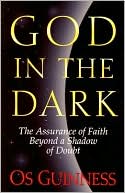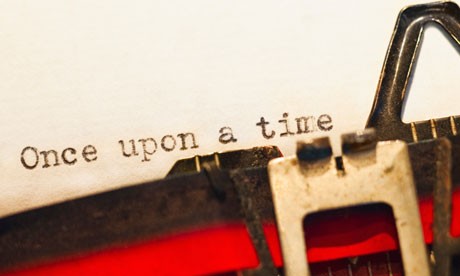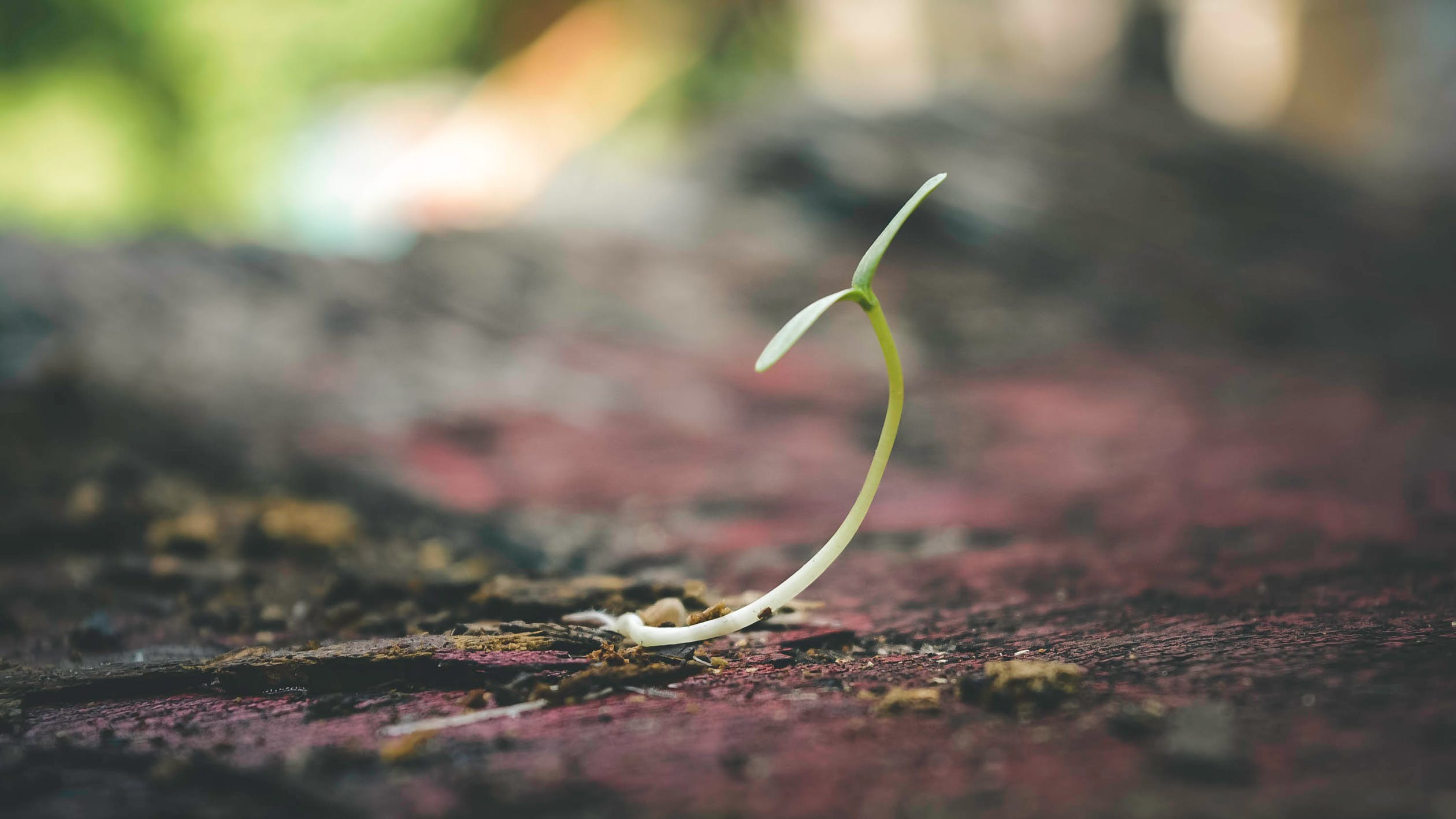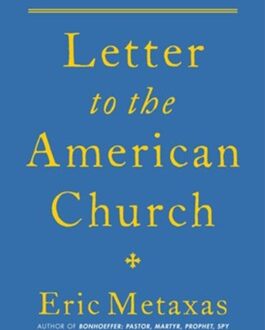God in the Dark: Probing Doubt
 When I was in 8th grade, I found myself assailed by questions about the faith I’d been raised in. How would I prove God’s existence to my friends? What does all the church-speak mean? How could I know this was real? At the time, my Sunday school teacher heard my questioning and took it to heart, organizing the class around it. She had us all write down our questions, and she dealt with one each week.
When I was in 8th grade, I found myself assailed by questions about the faith I’d been raised in. How would I prove God’s existence to my friends? What does all the church-speak mean? How could I know this was real? At the time, my Sunday school teacher heard my questioning and took it to heart, organizing the class around it. She had us all write down our questions, and she dealt with one each week.
I’m not sure how fully mine were answered. Sometimes living and gaining experience is required before things make sense. But the affirming respect and responsiveness she dared to offer us on her maiden voyage as a Sunday school teacher meant — and still means — a great deal to me. Os Guinness’s God in the Dark has been a fitting sequel to that first experience. Whereas the 8th grade class laid a foundation of viable Christian love and relationship, this book is a rigorous intellectual voyage that tackles exhaustively the nature of doubt in all its dimensions and varieties. It was a good read for me now, almost thirty years later, with a fuller range of experience under my belt and therefore different kinds of questions.
My only other experience reading Guinness was Fit Bodies Fat Minds, a much more witty and fast-paced book dealing with anti-intellectualism in the church. This book is written more reflectively and sensitively. A glance through the other reviews posted at Amazon shows that it’s unanimous: this book is a profound, unflinching tour through a difficult subject. It’s structured in three parts: first, an overview; second, a survey of seven “families” of doubt; and last, a look at two specific doubts, “Why, Lord?” and “How long, Lord?”
It’s an excellent book, though I had my usual struggles grappling with nonfiction. The unrelenting focus on its subject is a strength of the argument, but plowing through the many kinds of doubt was slow going at times. I also had to guard against the “That’s me!” syndrome of thinking I suffer from every single variety of spiritual doubt in the book.
However, I value it in two ways. First, it legitimizes — almost blesses — doubt as a stamp of authenticity on faith. “The world of Christian faith is not a fairy-tale, make-believe world, question-free and problem-proof,” writes Guinness, “but a world where doubt is never far from faith’s shoulder.” I’ve gotten whiffs of a spiritual gestapo mentality from some quarters where doubt is viewed as unbelief or sin, so I found this refreshing air to breathe. I also value this book for its incisive, constructive discussion. It’s not a book that wallows; solutions are proposed, and they’re complex, not simplistic.
On the whole the varieties of doubt that I could relate to best were the doubt of disuse and the doubt of injury (not Guinness’s names for them, but my shorthand). By the doubt of disuse, I mean the uncertainty that comes of not activating faith through choice, but waiting in the wings, safely outside the fray. My life at present is pretty insulated, and faith can take on an air of unreality except as a verbal thing. The doubt of injury has to do with the kind of deep-seated mistrust that comes of old wounds, the pain of which is attributed to God rather than the real offender. I know this is an area I need to give more thought to. I have a great suspicion of authority, and the cultural atmosphere makes me right at home in that. But some authorities are trustworthy, and need to be trusted, not hidden from, if faith is to escape being stunted. I’ll probably refer to this book along the way, because it sharpens focus and gives a language for thinking through a potentially paralyzing subject.


